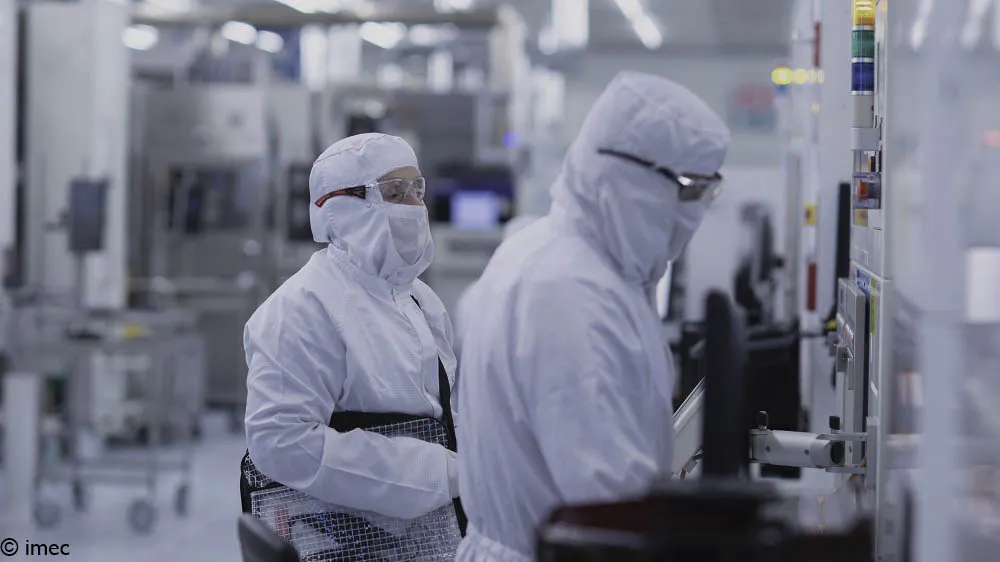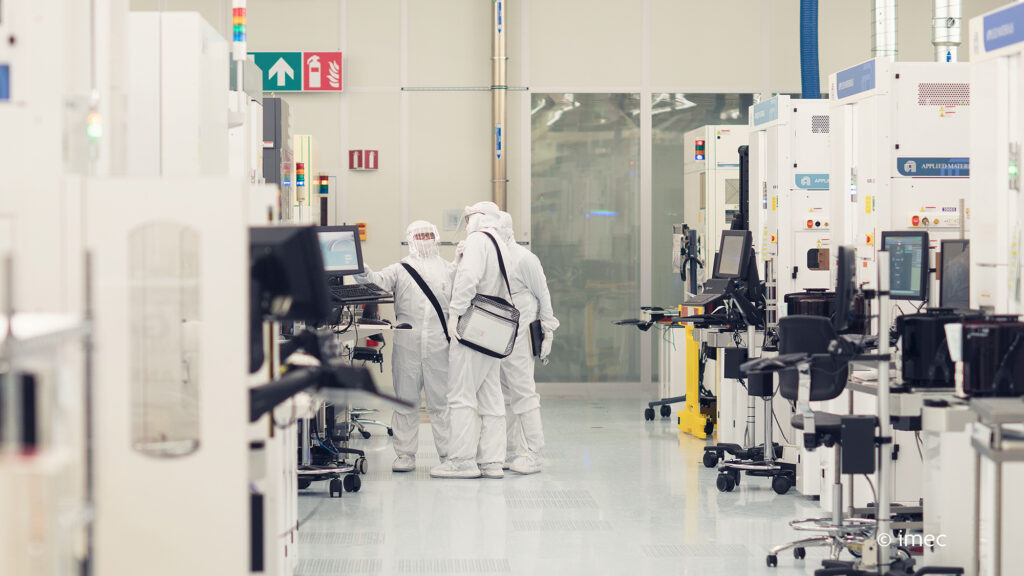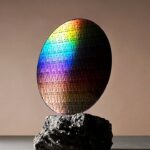ASIA ELECTRONICS INDUSTRYYOUR WINDOW TO SMART MANUFACTURING
More Join imec’s Bid for Greener IC Production
Leading semiconductor research center imec has brought more ecosystem players on its drive for a more sustainable chip production. Particularly, major semiconductor value chain players, such as Apple, Microsoft, and ASM joined imec’s Sustainabile Semiconductor Technologies and Systems (SSTS) research program.
The addition of these new partners bolstered further the programs efforts to support the semiconductor industry reduce its carbon footprint. Other players who joined the SSTS program of imec include ASML, Tokyo Electron, SCREEN, KURITA, among others. Furthermore, the addition of these new partners enables a holistic approach, which leverages imec’s expertise and knowledge to cut the industry’s environmental impact.

Provides Deeper Insights
The semiconductor industry is booming with a never-seen demand. As integral parts of smart portable devices, IoT systems, and compute infrastructure, chips are becoming more important than ever.
However, imec sees semiconductor manufacturing comes at a price. Particularly, it requires large amounts of energy and water and creates hazardous waste. To tackle this problem, the entire supply chain needs to commit, and an ecosystem approach will be key. System and fabless companies are already investing in decarbonizing their supply chain and products, committing to be carbon neutral by 2030 or 2040. Nonetheless, they typically lack accurate insight into the contribution of chip manufacturing of future technologies as there is limited life cycle analysis data available.
With its SSTS program, imec calls upon the whole semiconductor value chain to join forces to cut back on the semiconductor industry’s environmental footprint. Moreover, it combines imec’s strong partner ecosystem, insights in processing technology, infrastructure, and machinery. These provide partners across the semiconductor value chain insight in the environmental impact at the chip technology’s definition and production phase. Apple was the first public partner to join hands with imec on the SSTS program last year. Now, additional major system companies like Microsoft have joined the program.

Fills the Gap
The program assesses the environmental impact of new technologies, identifies high-impact problems, and defines greener semiconductor manufacturing solutions. “Today, there is a data gap concerning the environmental footprint of the fabrication of semiconductor integrated circuits for more advanced technologies. That’s why we’re assessing the environmental impact in a first step so we can make informed choices when we move to the next technology generations,” states Lars-Åke Ragnarsson, Program Director SSTS.
“Equipment, material, and tool suppliers are key in the early phase plans; they can for example create more environmentally friendly processes and tools to solve high-impact problems in these future technologies, We are also talking to foundries to help verify and benchmark the results. By engaging with the entire semiconductor value chain in this way, our SSTS program can maximize its impact,” adds Ragnarsson.
Detailed Analyses, Concrete Actions
IC technology is a fundamental enabler of 21st century digital lifestyles. Most importantly, it powers cutting-edge innovations such as the Internet of Things (IoT), machine learning, and cloud computing applications. However, it is also an essential component of countless ‘everyday’ objects.
Research has shown, for instance, that close to 75% of a mobile device’s CO2 emissions can be attributed to its fabrication – with almost half of that resulting from the underlying IC manufacturing. Yet, so far, a holistic approach to reducing the IC-making industry’s emissions has been lacking.

Over the years, the introduction of ever smaller, more powerful and increasingly more energy-efficient generations of chips has made smart devices progressively more sustainable. In contrast, it is precisely the world’s growing dependence on semiconductor technology and production processes that have added to the IC-making industry’s own ecological footprint. Particularly, it is not only the high energy consumption and the use of chemicals that contribute to its, but also by the emission of greenhouse gases such as NF3.
The SSTS program is the first initiative rallying stakeholders from across the IC value chain to anticipate the environmental impact at chip technology’s definition phase. To illustrate, the program will make use of concrete and reliable models, and detailed footprint analyses. Hence, this will help the IC-making industry cut back on its ecological footprint as part of the global fight against climate change, resources depletion, and pollution.



